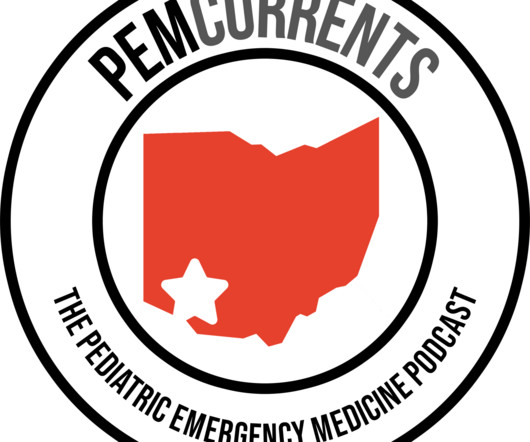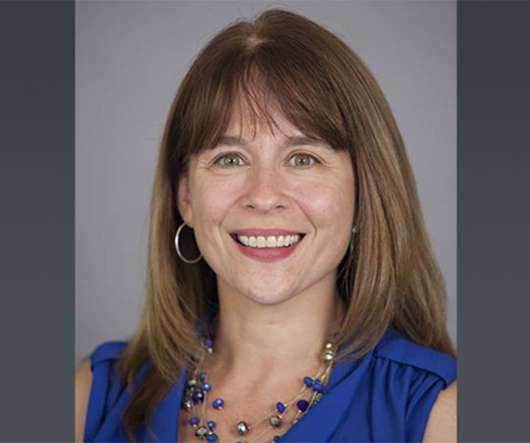Episode 148: Antiracism in Medicine Series Episode 4 – Dismantling Race-Based Medicine Part 2: Clinical Perspectives
The Clinical Problem Solvers
DECEMBER 16, 2020
Nwamaka Eneanya and Jennifer Tsai to discuss the limitations and harms of race-based medicine in clinical practice. Our guests explain how we can incorporate race-conscious medicine in clinical settings, medical education, and biomedical/epidemiological research to responsibly recognize and address the harms of racial inequality.












Let's personalize your content